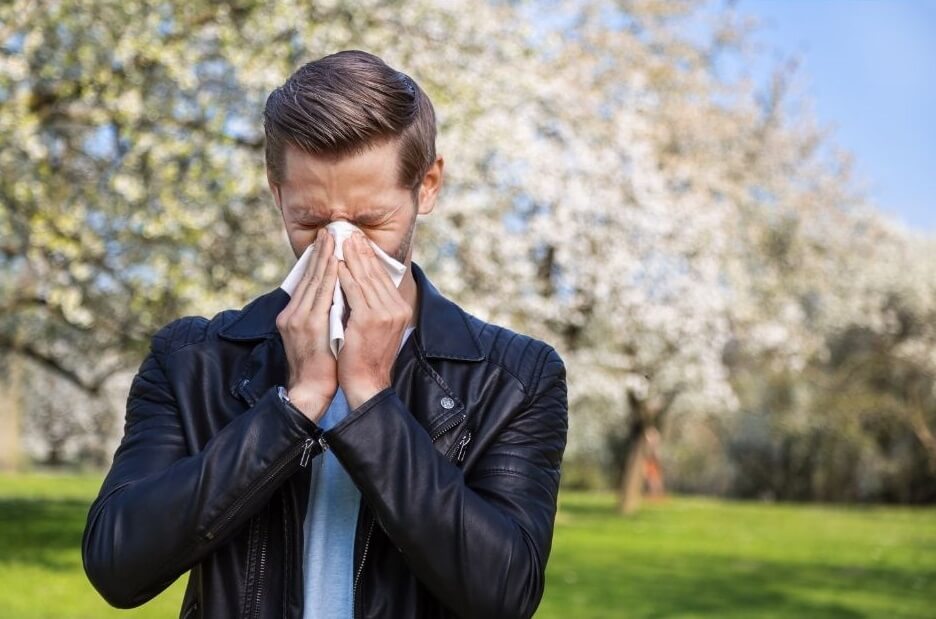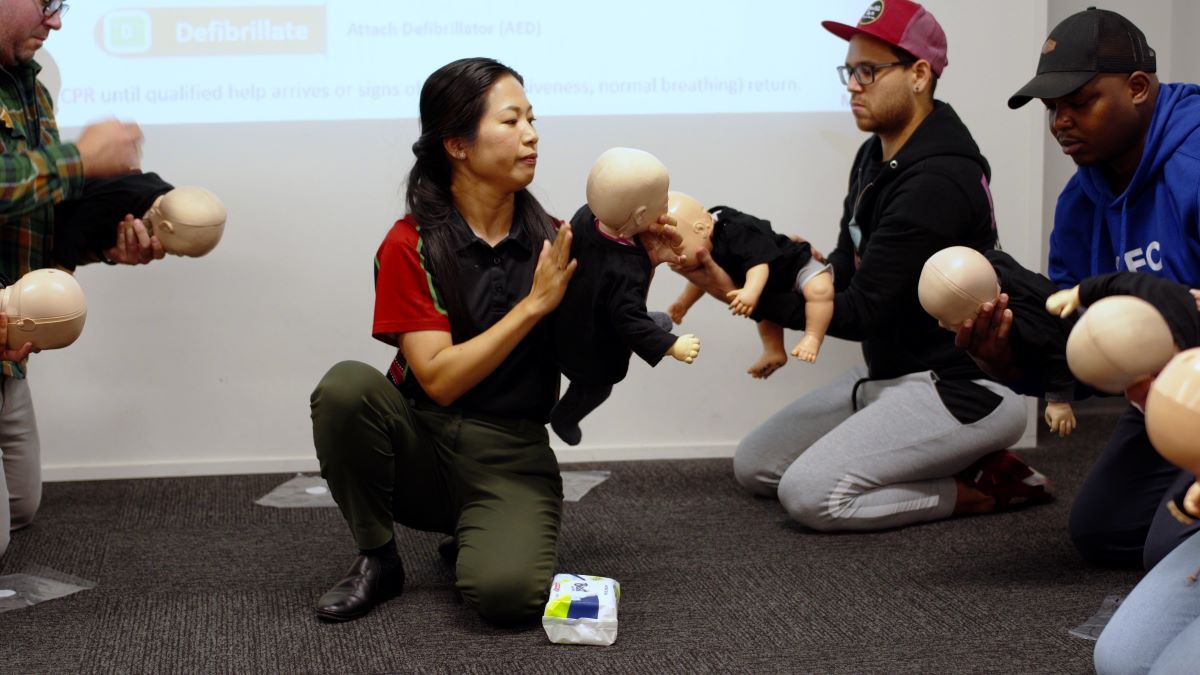There are around 4.1 million people in Australia living with at least one allergic disease. It is due to pollutants in the atmosphere, in our home, workplace, and leisure places. The most common pollutants are pollen, dust, food, animals (and more), and all of these are potential sources of irritation and can lead to a mild to serious reaction.
With 1 in every 9 Australians suffering from Asthma and different types of allergies, we have one of the highest rates of allergy-affected individuals in the world. According to statistics, the number of people suffering from allergies is on the rise, and half of them have at least more than one allergy.
For that reason, many campaigns and events every year are organised for the sole purpose of raising awareness of allergies and their effect on us. One of the popular events worldwide is the Allergy Awareness Week.
World Allergy Awareness Week
The World Allergy Organisation (WAO) comes up with a campaign every year that addresses a different topic related to allergies. And this year is no different.
The WAO is proud to announce that the 2021 World Allergy week will take place from June 13 to 19 and focus on the theme “Anaphylaxis.”
The previous themes from the past years include:
- Allergy care does not stop with COVID-19
- The Global Problem of Food Allergy
- Atopic Dermatitis/Eczema: An Itch that Rashes
- The Agony of Hives – What to do when welts and swelling do not go away
But this 2021, the theme of the event is Anaphylaxis and how to manage this illness better. This campaign aims to help people living with allergies by providing them with information. It also raises awareness of the issues that people with allergies face every day.
What is Anaphylaxis?
Anaphylaxis is an extreme reaction of the body to an allergen, venom, food, or medication. The majority of anaphylaxis incidents are caused by bee stings, food, or pollen – known to cause an allergic reaction. The common anaphylaxis symptoms are the appearance of rashes, low pulse, and anaphylactic shock. Severe allergic reaction resulting from anaphylactic shock is known to be fatal if not treated.
Allergens are everywhere: at home, outside, and in our workplace settings. There are many dangerous myths about allergies too. To better manage Anaphylaxis and prevent life or death situations, it is important to do the following:
Information is Key
It is vital to know the common signs and symptoms of allergic reactions, whether mild, serious or potentially life-threatening. Know if any of your family members, or colleagues and employees, have a history of allergies. Information brings awareness, and awareness is the key to preventing life-threatening anaphylaxis attacks.
Ensure your policies are effective and in place
If you are a business owner or a manager looking after the safety of others, you will need to have effective health and safety policies in place. It should cover everything – from the administration of medications to First Aid treatment.
If the person is having a severe reaction, you may need to use an EpiPen (or equivalent) in case of Anaphylaxis. You need everyone (including yourself) to be familiar with these procedures. In that case, you will need regular and up-to-date first aid training.
Keep a clean space
Keeping your room and surroundings clean and hygienic will prevent dust mites, pollens, and other allergens from coming in contact with you. However, note that people with eczema, dermatitis and other related conditions can get a reaction from frequent hand washing. The use of harsh antibacterial soaps and hand gels can also trigger a skin reaction.
Make learning about allergies fun.
Get Trained with First Aid Pro and have an awesome day learning about First Aid for Anaphylaxis and other allergic reactions. Know how to perform CPR when the victim is having trouble breathing for airway blockage due to excessive swelling.
There is no other perfect time to learn First Aid and CPR than this World Allergy week. Contact our team to more about the course.







